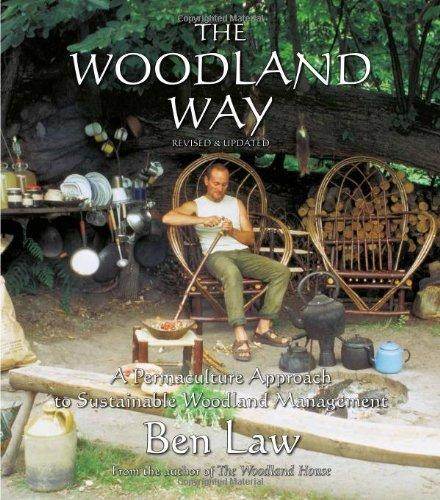Source: Amazon.com
Publisher:
Permanent Publications
Summary
In this book Ben Law presents a range of practical and tested alternatives to conventional woodland management. Based on years of experience, Ben Law demonstrates ways to create healthy, biodiverse ecosystems which produce valuable, sustainable products and secure livelihoods. He stresses how important it is to return to a living relationship with the woodlands and how planning needs to be changed to a more permaculture orientated approach.
Where to get it?
Amazon.com
Amazon.ca
Amazon.au
BenLaw.co.uk
PermanentPublications.co.uk
Related Videos
Related Podcast
Book List Part 1. Paul and Jocelyn talk about books Paul likes.
Review of Ben Law's Roundwood Timber Framing movie. Paul's podcast
Related Threads
Ben Law's books. A thread at Permies.
Paul's you should read list. A thread at Permies.
Woodland Forum at Permies
Related Websites
Ben Law's site
Ben Law's House
Interview with Ben Law 
 5
5





 3
3








 2
2













